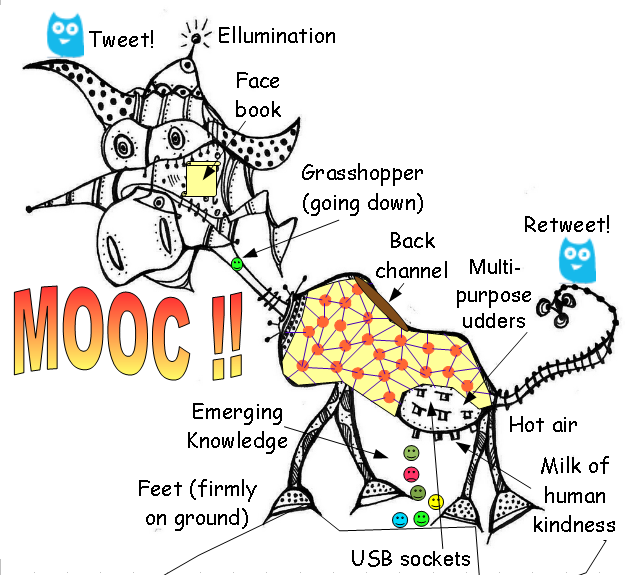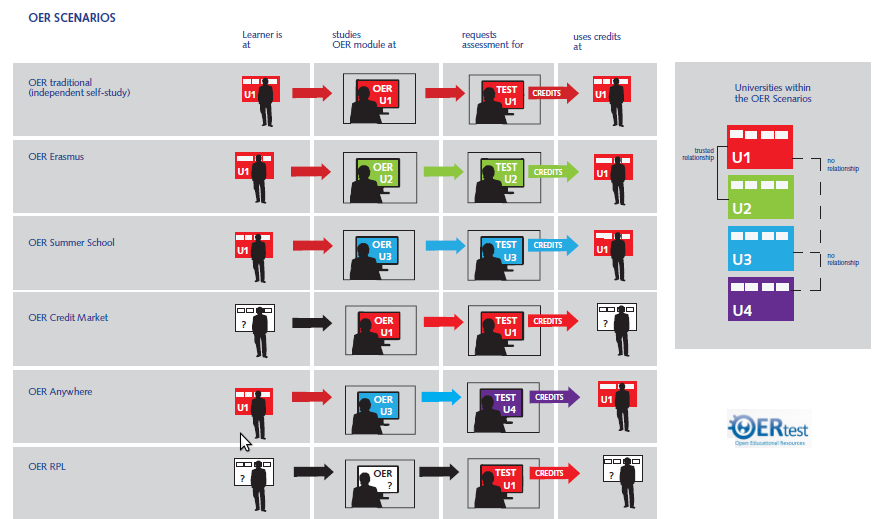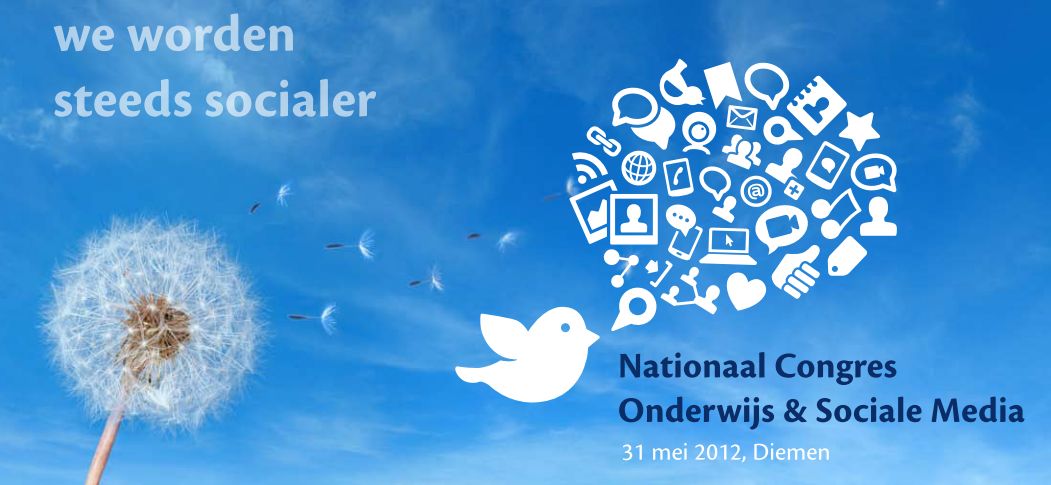Vorig week verscheen er een artikel in The Chronicle over afkijken in de online wereld. In het artikel wordt beschreven hoe studenten allemaal een goed cijfer halen bij een online open boek test. Volgens de anonieme professor is dit de "gamification of education, and students are winning".
Ook de fraude die wordt gepleegd met ghost writters wordt besproken. John Fontaine van Blackboard wordt hierin ook genoemd. Volgens hem zouden plagiaatdetectiesystemen, zoals Blackboard's SafeAssign, best zulke ghost writers kunnen detecteren:
"I've been working on classifiers that take documents and score them and build what I call a document fingerprint." The system could establish a document fingerprint for each student when they turn in their first assignments, and notice if future papers differ in style in suspicious ways.
Dit is gebaseerd op dat elke schrijver zijn eigen woordenschat heeft en daarin bepaalde voorkeuren heeft.
Als reactie hierop heeft John Fontaine op zijn eigen blog een artikel geschreven hoe je als docent het afkijken kan verminderen:
- Cultuur en Design van de course
Door meer constructivistische activiteiten, zoals bloggen, wiki schrijven en groepsopdrachten, te gebruiken, richt je meer op positieve vorm van leren:
"Foster a culture that rewards contributing to the corpus of knowledge within the class. If students are recognized for individual contributions, they will pressure their peers to do their own work rather than copy each other. "
- Vragenbank en willekeurige blokken
Met de huidige toetssystemen is het uitstekend mogelijk om elke student een eigen unieke toets te geven. Je moet hier uitgaan van een grote vragenbank waar willekeur vragen uitgehaald worden.
- Willekeurige vragenvolgorde, antwoordvolgorde en steeds maar 1 vraag tonen
Dit beperkt de mogelijkheid om af te kijken voor de student als ze in één computerzaal zitten.
- Verander feedback opties
Hoewel veel studenten het prettiger vinden om na een vraag meteen feedback te geven, biedt dit ook meer mogelijkheden om te spieken. Je kan er bij belangrijke examens dus beter aan doen om de feedback pas helemaal aan het eind te geven, eventueel kan je ook nog beperken hoe lang de feedback beschikbaar is voor studenten.
- "Negative marking"
Dit beperkt mogelijkheid voor studenten om te gokken. Elk fout antwoord geeft levert negatieve punten op. Dit is een nieuwe functionaliteit in de recente Blackboard-versie, weet niet of dit nu goed werkt.
- Berekenvragen
Vragen die werken op basis van een bepaalde formule geeft je de mogelijkheid om elke student met andere waarden voor de variabelen te laten werken. Afkijken heeft dan geen zin meer.
- Toestaan van meerdere pogingen
Doordat een student een toets meerdere keren kan doen en het belang hiervan te beperken, geef je de student de mogelijkheid om te leren van zijn fouten en daarmee steeds beter te scoren: "By lowering the stakes of the individual quiz attempt the student is rewarded for learning rather than punished for failing. "
- Denk als een videospelletjesontwerper
In video games blijft de speler het keer op keer proberen om een hoger level te bereiken. In de goede spelletjes is het beheersen van het level de uitdaging en niet om het volgende level te bereiken. Zie ook Punished By Rewards.



 From 20th to 22nd of June UNESCO is organising a
From 20th to 22nd of June UNESCO is organising a  Yesterday Fast Company
Yesterday Fast Company